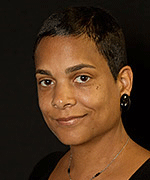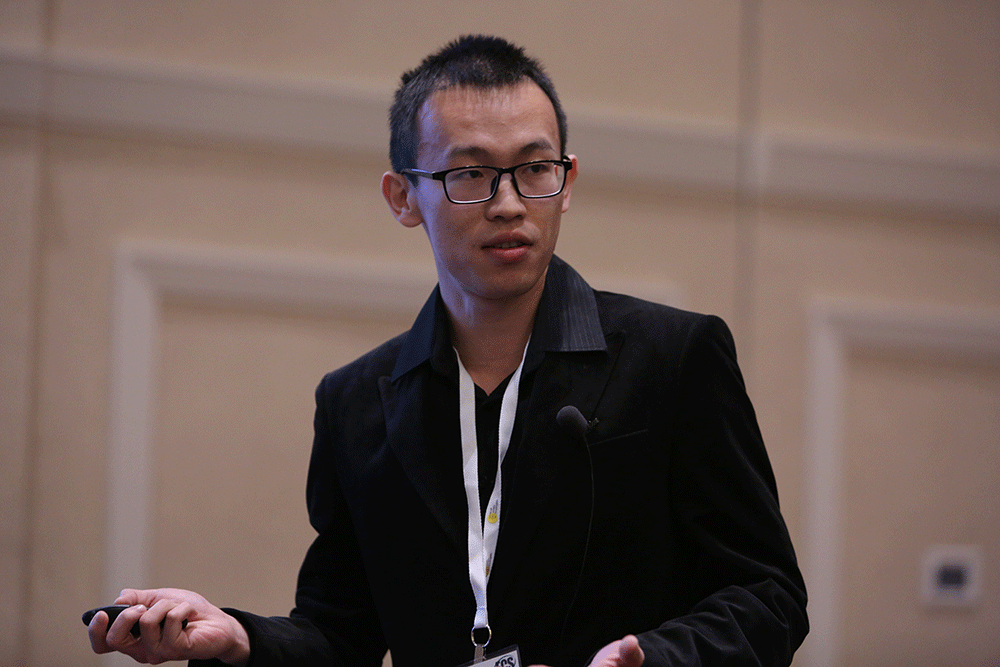 Topic Close-up #4
Topic Close-up #4
Symposium H04: Wearable and Flexible Electronic and Photonic Technologies
Symposium Focus: With the advent of connected living, health and communication, and its proliferation to the development of the internet of things, wearable devices are a critical technology. Underlying advancements in wearable and flexible electronic and photonic technologies, are materials science of new and alternative materials and methods of coating and deposition, characterization of flexible and transparent or plastic electronic devices, the electronics behind new sensor development for wearables and flexible technology, and new device design concepts. This symposium will address all aspects of wearable and flexible devices technology, from materials through working prototypes and provide a leading international forum for the most exciting developments in the fundamental science and device engineering of next-generation electronics and photonics for a whole range of applications.
Invited Speakers and Special Features: Many inspirational speakers and leaders in wearable and flexible science and technology will be featured in this symposium, including Joe Wang, Mark Hersam, Huisheng Peng, Zhong Lin Wang, Bozhi Tian, Yuri Gogotsi and many others. The symposium


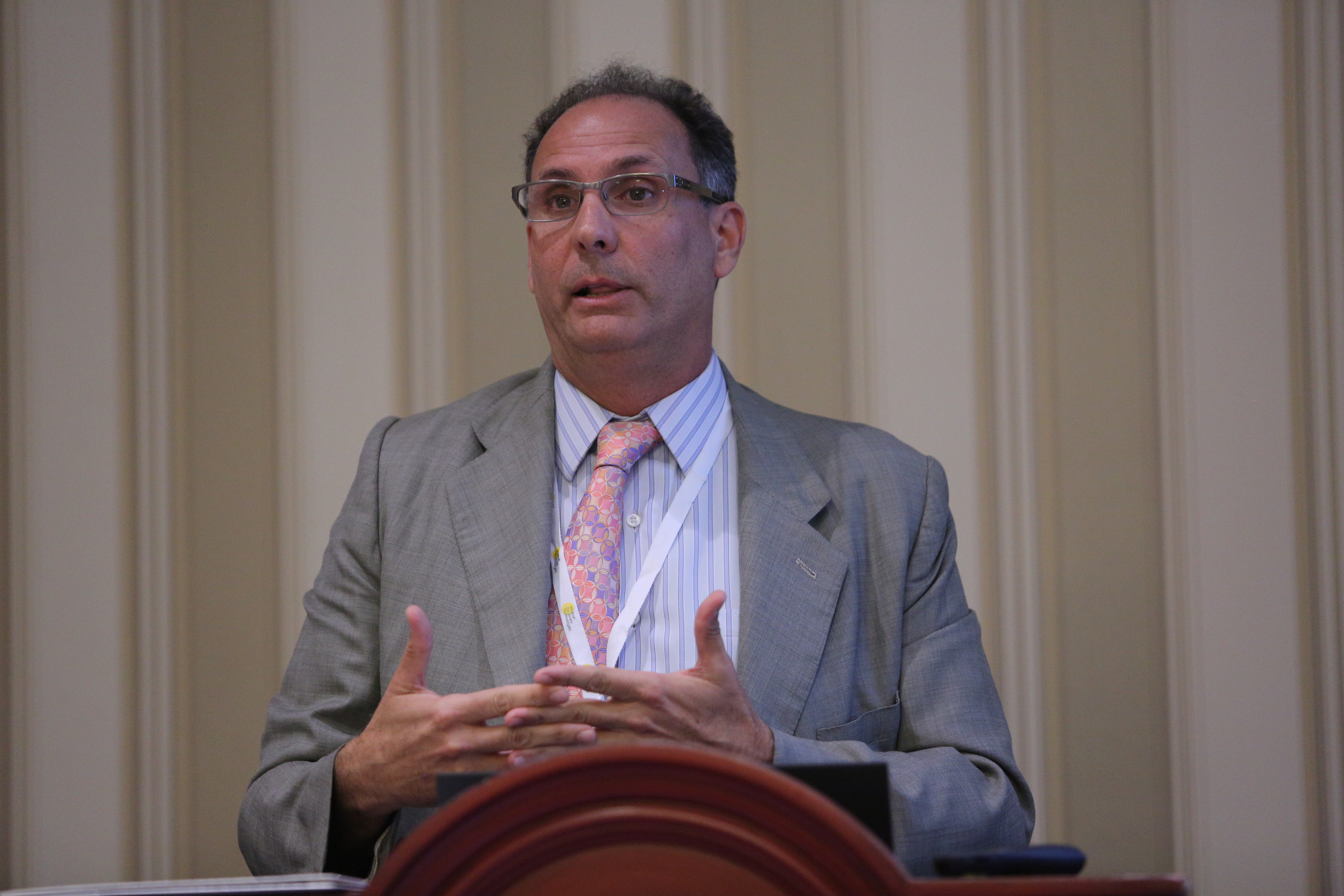 Topic Close-up #3
Topic Close-up #3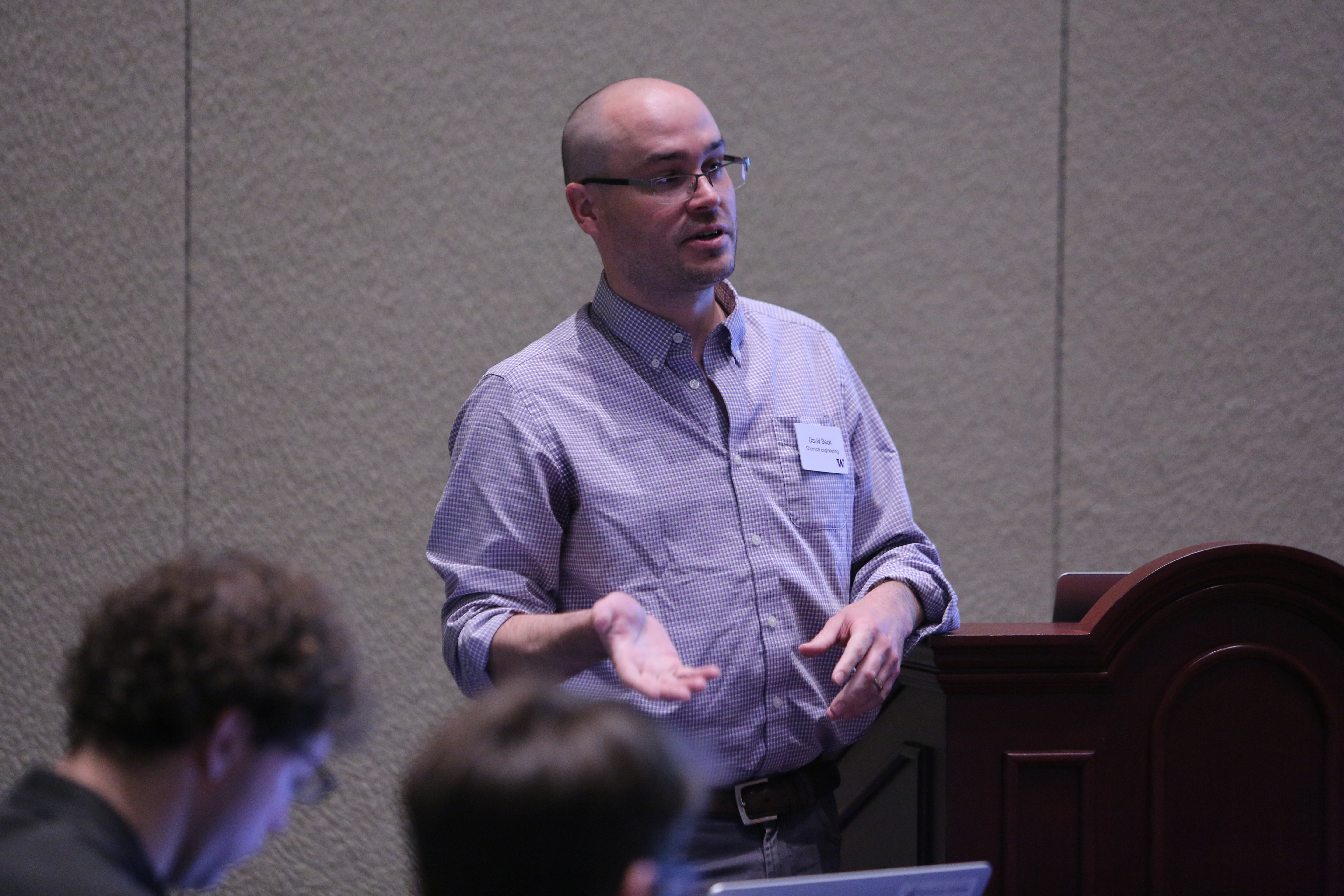
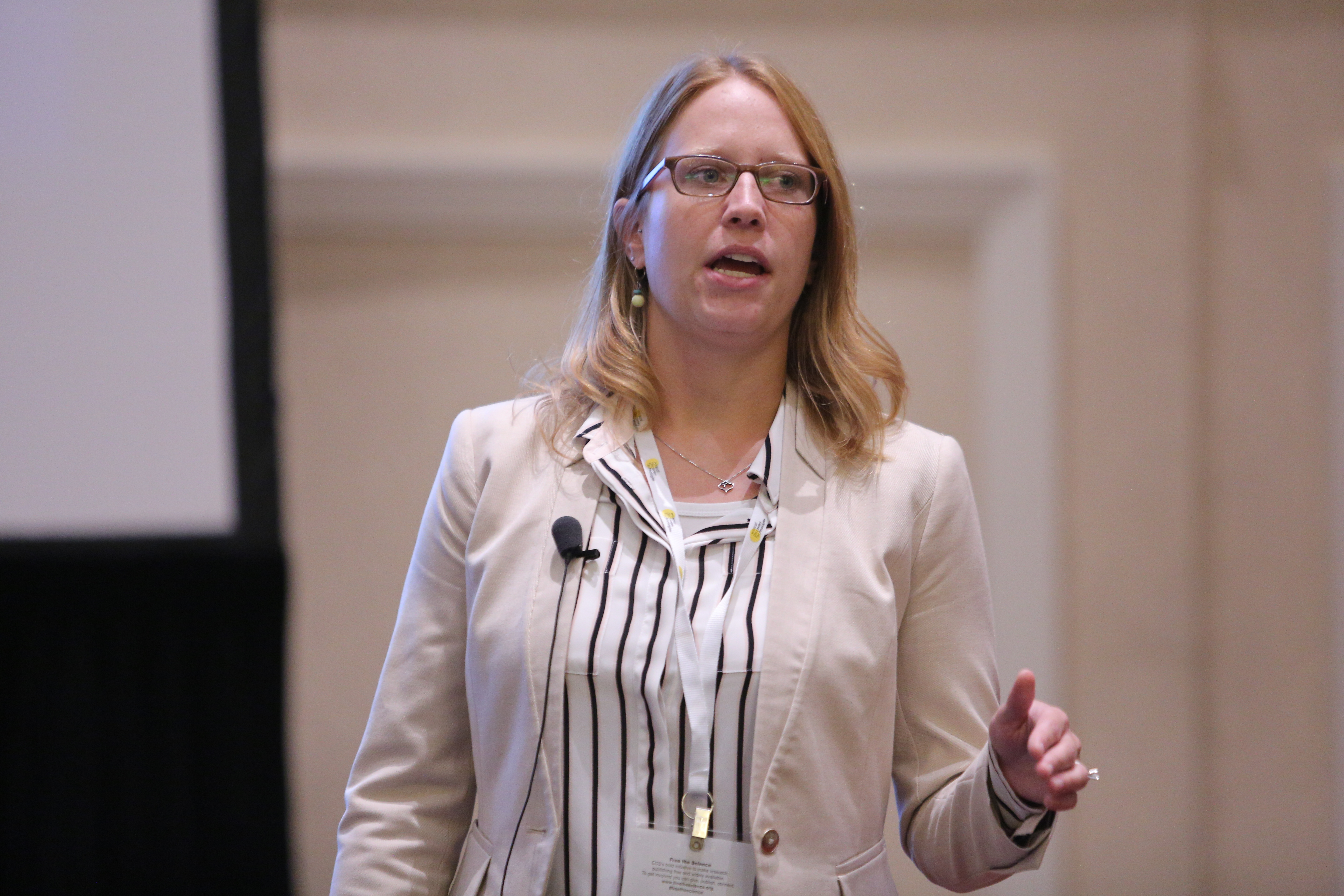 Topic Close-up #2
Topic Close-up #2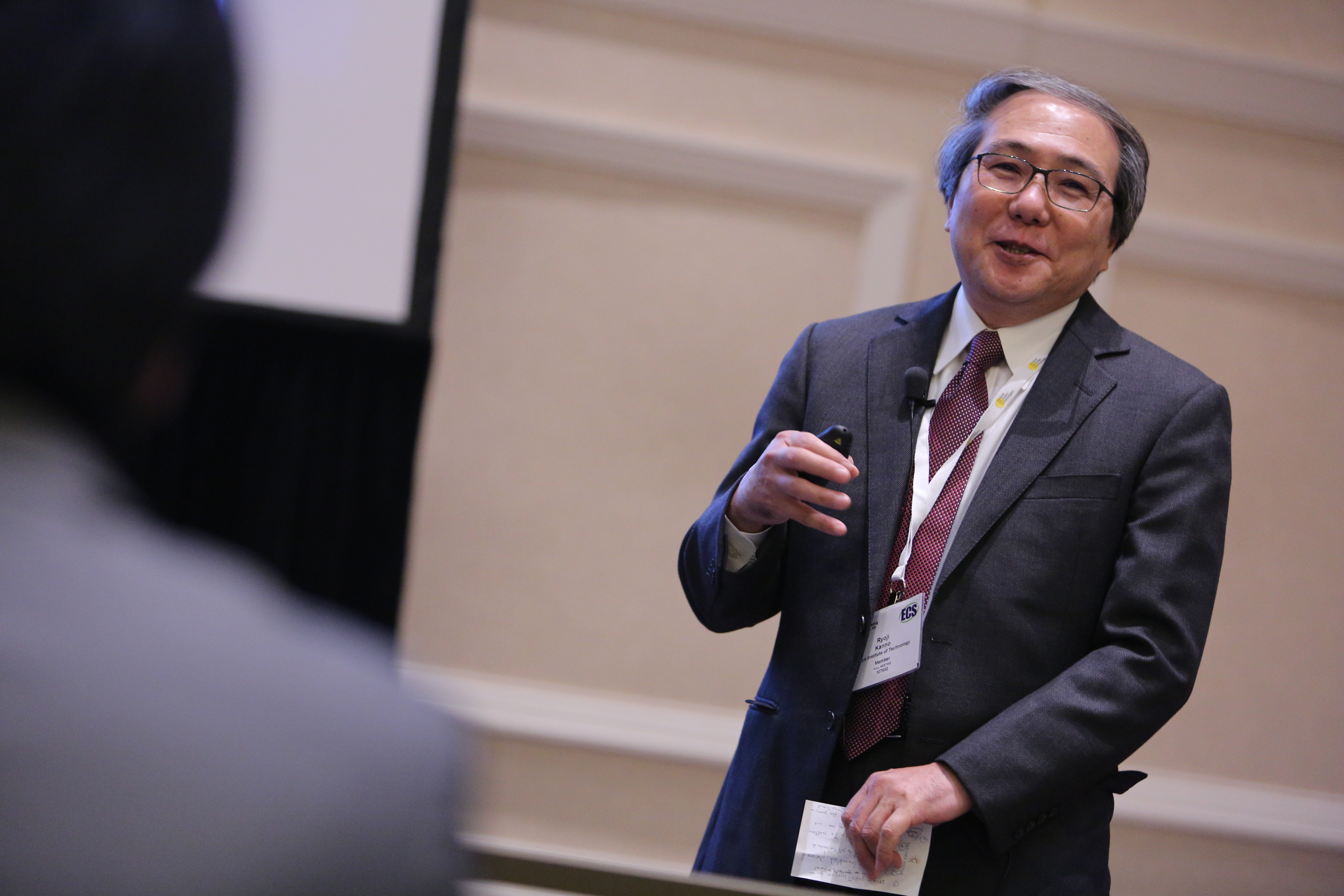 Topic Close-up #1
Topic Close-up #1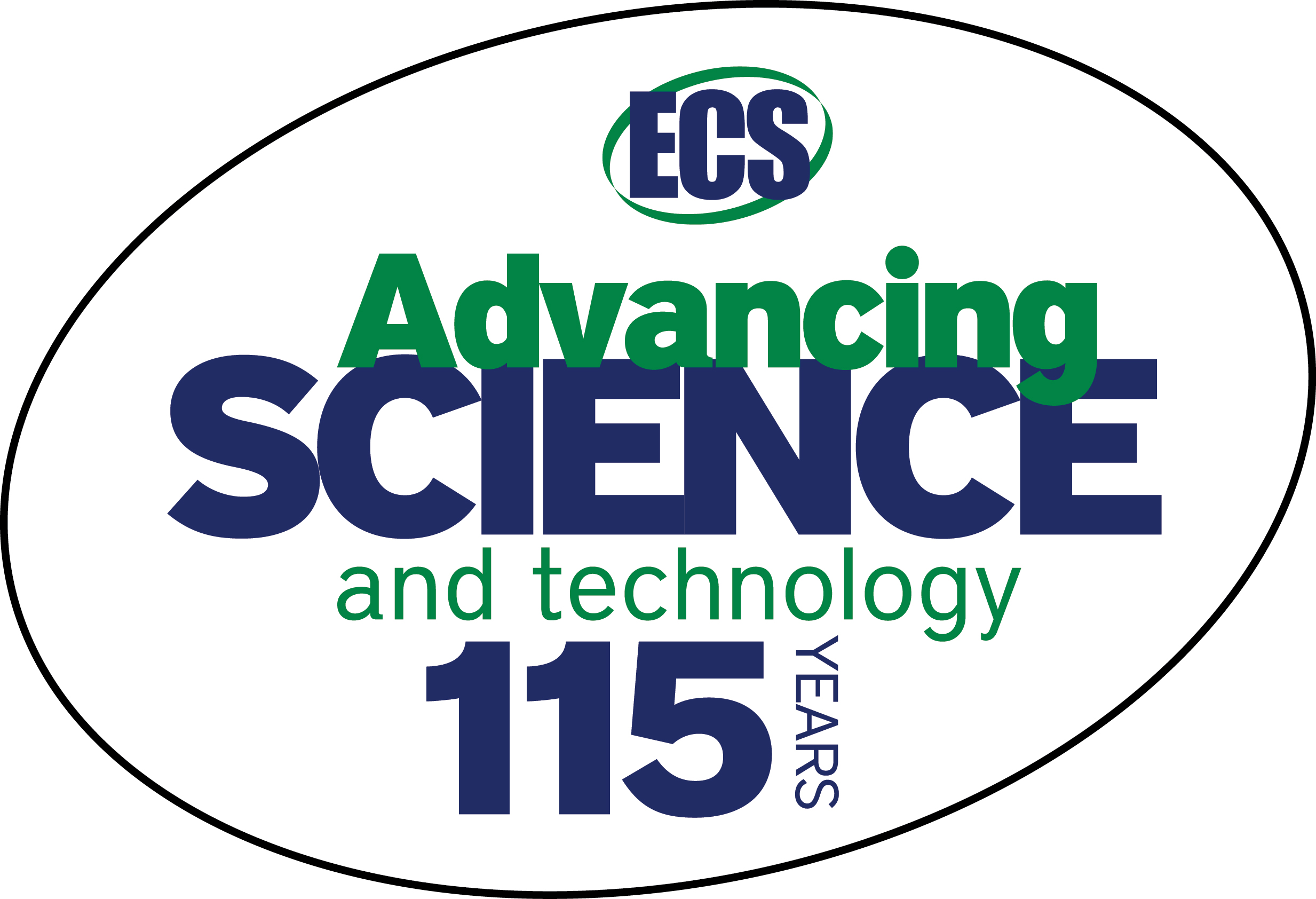 Since the
Since the 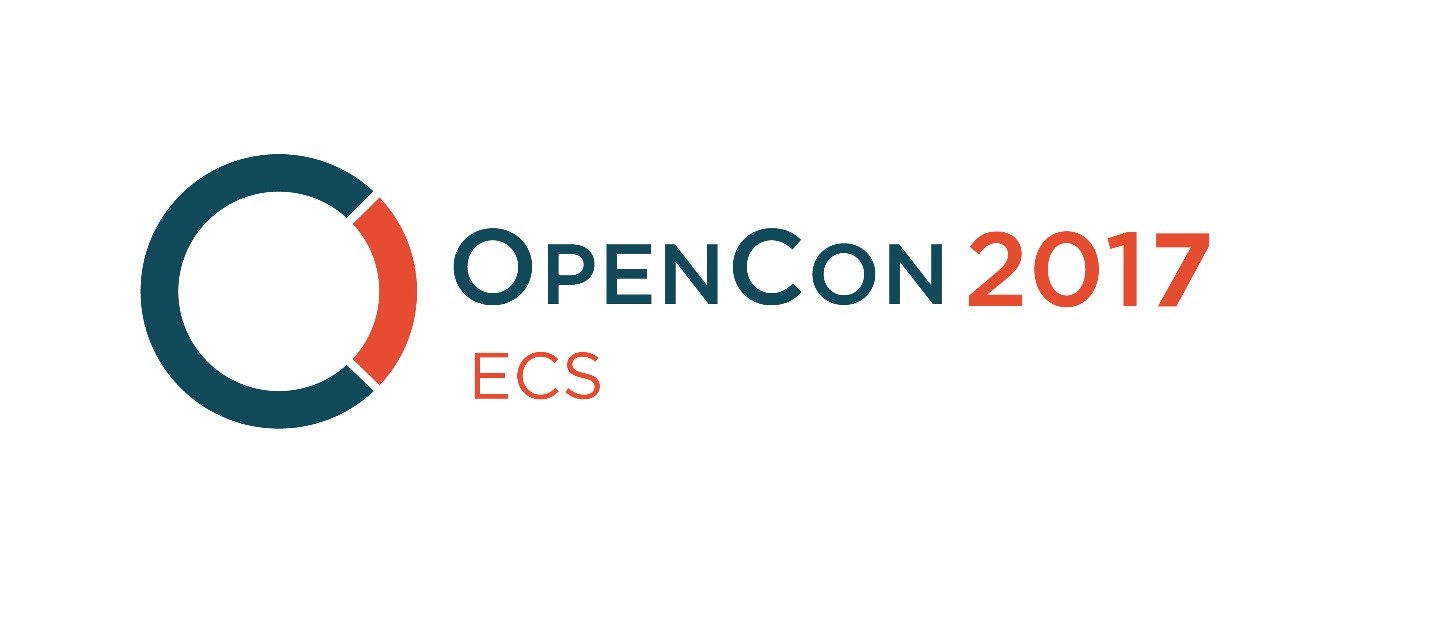 This Sunday at 2:00 pm ET is
This Sunday at 2:00 pm ET is 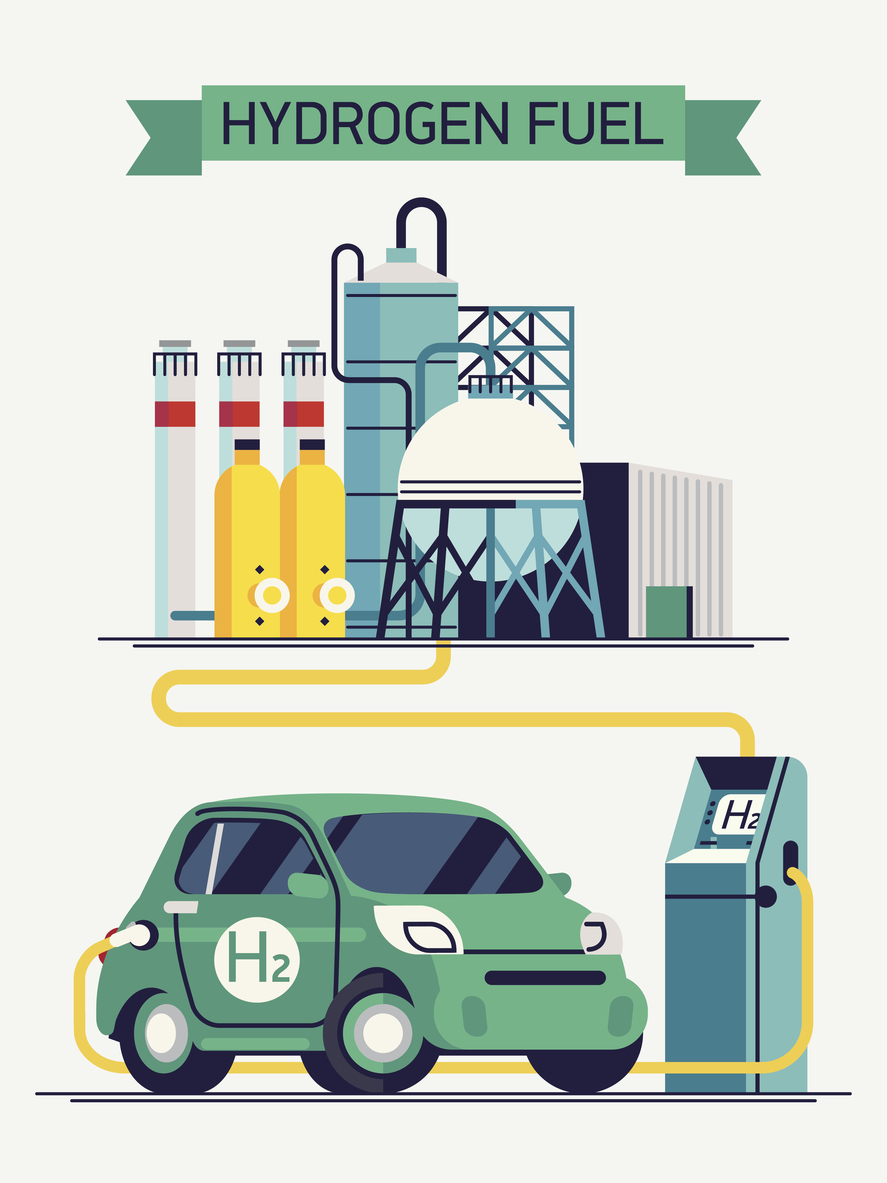 Want to see Electrochemistry in Action and ride in one of the world’s first commercial fuel cell cars while at the
Want to see Electrochemistry in Action and ride in one of the world’s first commercial fuel cell cars while at the 